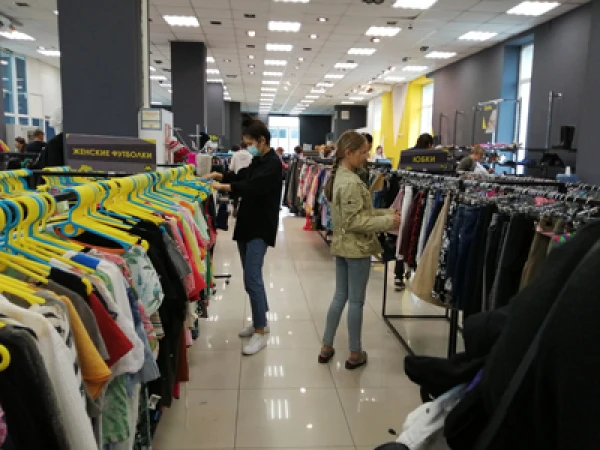
"Undoubtedly, this will provoke a jump in prices, a surge in inflation."
In the fourth year of the war with Ukraine, the Russian economy has begun to gradually slow down. Experts attribute this to the redistribution of resources to meet the needs of the front at the expense of civilian production sectors, as well as to a decrease in oil and gas revenues.
This is reflected in the lives of ordinary citizens. According to a survey by the Levada Center, Russians believe that in 2024 they are living worse, and there are fewer opportunities to earn well. One in four had to give up buying groceries due to a lack of money.
The anticipated increase in VAT in 2026 will only exacerbate the situation. Since a reduced rate will be maintained for some goods, this will likely hit the middle class the hardest.
Ksenia (name changed) is currently 24 years old. She is from a small town but moved to St. Petersburg a few years ago. Formally, her income has increased, but due to rent and higher living expenses, she ultimately has very little disposable income.
By profession, Ksenia is a marketer. She has a main job and several side jobs, but even this, according to Ksenia, is not enough to live comfortably in St. Petersburg.
She tries to save on travel, the purchase of household appliances, and is currently refraining from investing in real estate and buying a car. Among her regular expenses, she has cut back on spending on beauty salons, restaurants, and deliveries – now she allows herself this no more than once a month. Ksenia does not save on health and clothing: she believes it is important to look well-groomed for her profession.
Travel remains very important to her. Ksenia does not want to give it up completely:
"I want to see the world one way or another – no matter what the geopolitical situation is in the country, no matter what crisis there is. I know that I won’t see everything in my life, but at least I must see something popular and accessible. I want to gain new emotions, see how people live, try something new, some new hobbies, food, and enjoy beautiful views."
Ksenia admits that she is considering financing her travels on credit.
"Earlier, my parents paid for vacations, but now I have grown up, and I haven’t been abroad for six years. Because first, I finished school, then I studied at university – I didn’t work. And then I started working, but that money wasn’t enough to go abroad, even then. Now the salary is not enough at all. With a salary of 100,000 rubles (over $1,200), living in a foreign city, paying rent, saving for a trip costing 300,000 rubles (almost $3,700) becomes simply unrealistic," Ksenia shares.
Ksenia associates her inability to save money now with rising prices and a lack of financial discipline.
"Everything is getting more expensive every year, – she says. – Besides the fact that tickets are now expensive, you also need to get a visa – and that’s a long process. And every year the fees get higher. Even getting a passport costs 6,000 rubles (almost $74). These are additional expenses. And I think they will only increase every year because we have a situation in the country where they want to take money from the poor people. Not from their endless pockets, but from the people, and that’s bad."
Saving and more conscious spending help Ksenia build financial security. This is now her main goal:
"Without this, there can be no talk of going abroad, even resting at Russian resorts. For now, everything in my life is very shaky – it’s unclear what will happen with work. Employers are not holding onto marketers at all right now."
To cheer herself up, Ksenia looks for inexpensive or free ways to relax in St. Petersburg. Sometimes she might "treat" herself to a cheap order from Wildberries or takeout coffee.
Anton (name changed) lives in Voronezh. He is 34 years old and works as an interface designer.
Before the start of the full-scale war with Ukraine, he earned about 200,000 rubles a month (over $2,400). But over the past three years, orders have decreased, and payments for projects have been cut. His income has now decreased by a quarter.
With this money, he lives with his wife, their two-year-old son, two cats, and two dogs. His wife is currently not working – she is writing her dissertation.
In addition to the decrease in income, Anton reports that food prices have risen. According to him, vegetables, pasta, grains, and dairy products have increased the most in price.
To stay within budget, the family has started eating simpler meals and shops at the Lenta hypermarket. They also try to buy items in bulk: for example, they buy a lot of diapers and baby formula at once.
They have also given up on food delivery and restaurants. They can only afford to order sushi once every two months.
His wife had to cut back on cosmetic expenses. If she used to spend about 25,000 rubles a month (over $300) on various procedures, this expense has almost disappeared now.
"From all sorts of eyelashes, eyebrows, and facelifts, only nails remain. And those, according to my wife, are crooked, – Anton says. – It’s clear that this is hard for her because she is used to not limiting herself. If she wanted something, even if not immediately, she would save some money and then buy it. It has become harder now. I don’t know how, but she even manages to save something now. She raids second-hand stores – she knows when, where, what discounts and shipments there are. She browses Avito.
Nevertheless, there are no quarrels in the family over money. Anton says that he and his wife discuss expenses together and try to find ways to save: "Little by little, not without tension, but we are holding on. As they say, we are swimming, swimming."
Anton also saves on himself. He used to practice Thai boxing, but prices have risen significantly, and he has switched to training at home.
"I used to try to buy myself something inexpensive with each paycheck, like a video game or some device. That’s all in the past," he adds.
Now Anton prefers free hobbies: he learns languages, plays chess, and plays the piano. His wife is a musician by one of her professions; she taught him how to play the piano and read music.
The family’s main expenses now go to animals and children. Anton also has a daughter from his first marriage. He pays about 15,000 rubles (over $180) in alimony each month, but with additional expenses, the amount comes to twice that.
Sometimes he and his wife arrange dates, but they have also become more modest: "We don’t go anywhere, no restaurants. We just go out for a walk, talk. We try to spend time with each other, support each other."
The drop in income, Anton admits, greatly affects his emotional state. "I am a millennial who grew up with childish parents. This has left a mark. I constantly worry that we will suddenly become poor, that we won’t have money to buy food or pay bills. And that’s why my goal is to work constantly. I always think that I need to work more, I need to earn more. I constantly push myself. To some extent, this fear of instability even motivates me," he says.
To maintain his mental health, Anton tries to read the news less, limits communication with those who do not share his views, and has completely quit alcohol and smoking. In the family, he says, he and his wife try to treat each other gently, do not use profanity, and try to listen to each other more.
"I am very worried about the children, – Anton adds. – I fear for where they will have to grow up. And, of course, my wife and I have the goal of trying to get out of here. But we have our whole life set up here – we live in a private house. We have become attached to the walls. My wife still needs to finish her graduate studies first. But we are still looking for opportunities, planning to leave little by little."
Anton says he is worried about the upcoming increase in VAT: prices will rise again, and he and his wife will be able to afford even less than they can now.
While Russians are learning to save and reassess their expenses, the authorities are preparing new tax changes.
The Ministry of Finance has announced an increase in the value-added tax (VAT) from 20% to 22%. The new rate will take effect on January 1 of next year.
The reduced VAT rate of 10% will remain for all socially significant goods: food, medicines, and medical products, as well as goods for children. These account for almost a third of the consumer basket. The rest, if guided purely by a mathematical approach, will rise in price by about 1.67%, writes economist and investment banker Yevgeny Kogan.
But the circle of VAT payers will also expand: now all enterprises with an annual income of over 10 million rubles (over $1.2 million) will be taxed. Previously, this threshold, which allowed working under a simplified taxation system, was 60 million rubles (over $7.5 million).
The increase in VAT may lead to inflation, says independent economist Vladislav Zhukovsky:
"Undoubtedly, this will provoke a jump in prices, a surge in inflation – the additional price increase may range from 10% to 20% depending on the product group. Because VAT is a tax that is passed along the value-added chain. The more links there are, the deeper the degree of processing of raw materials, the more stages there will be of price increases."

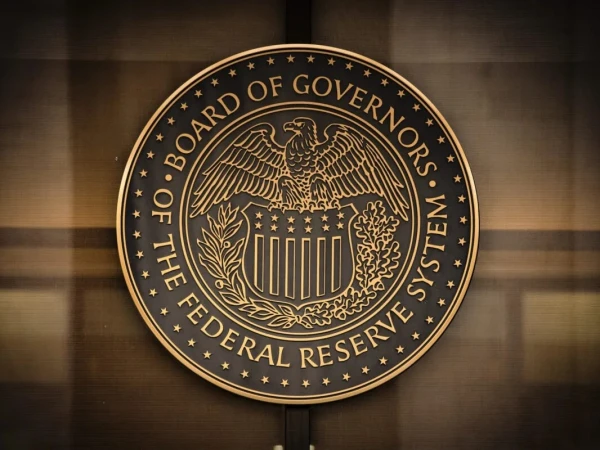

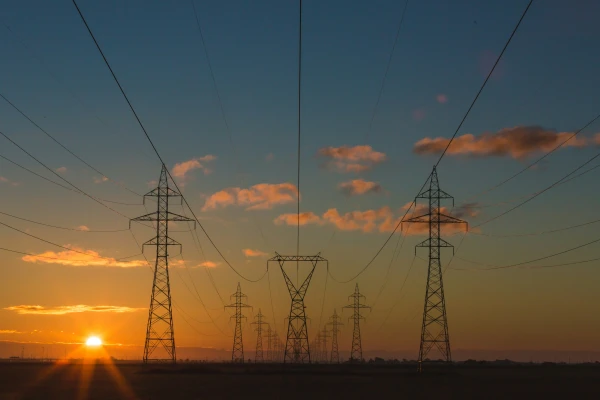
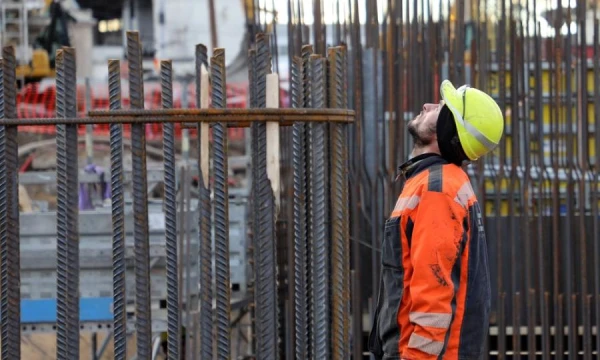
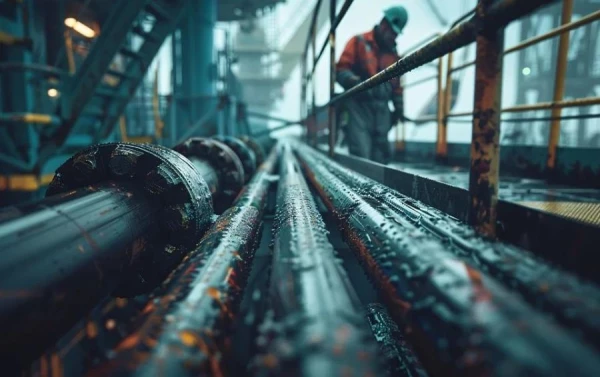
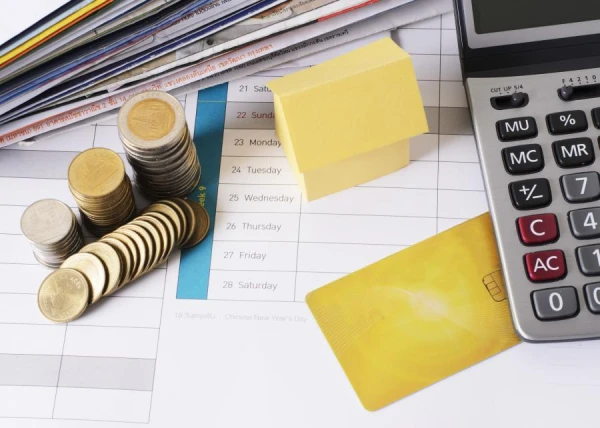
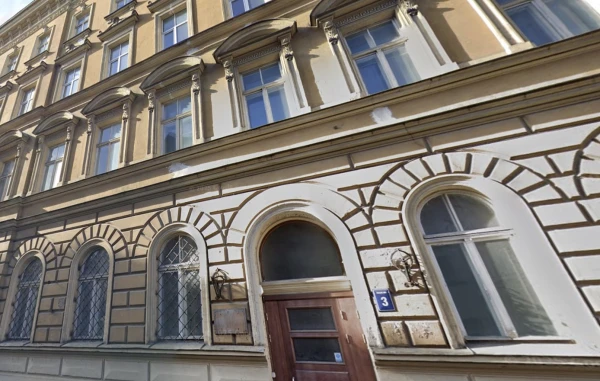
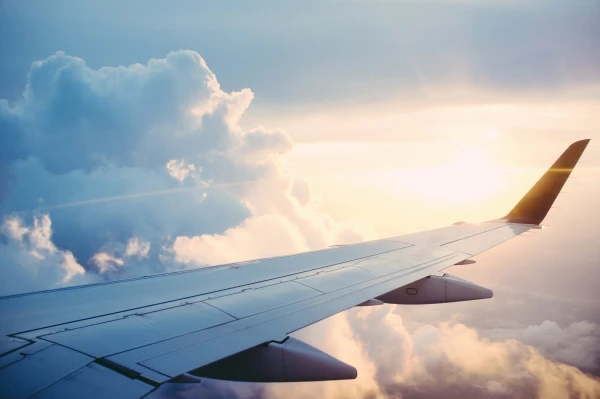
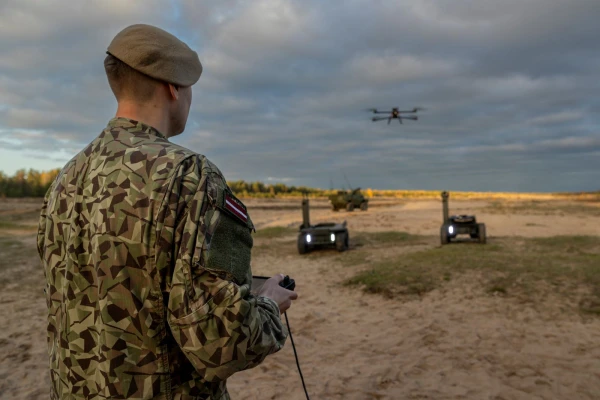

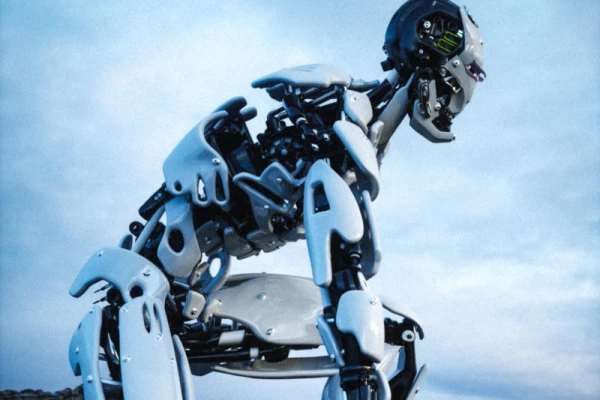
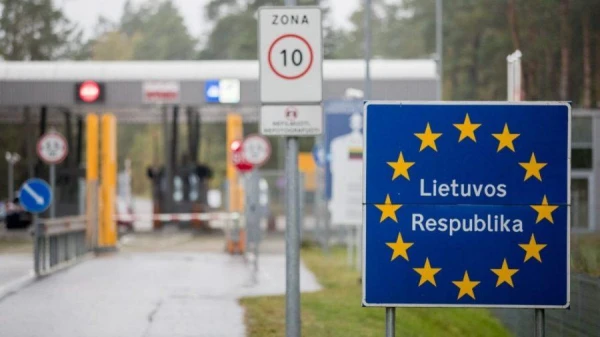
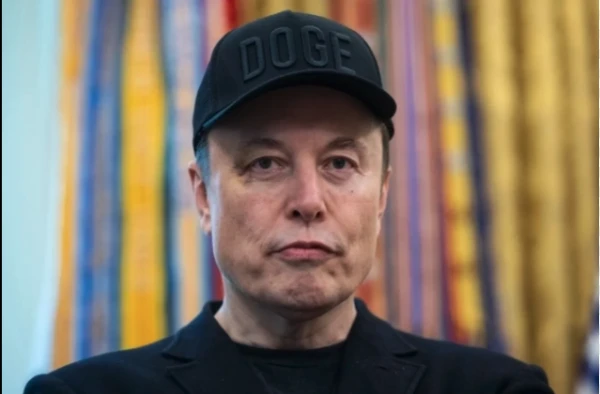
Leave a comment